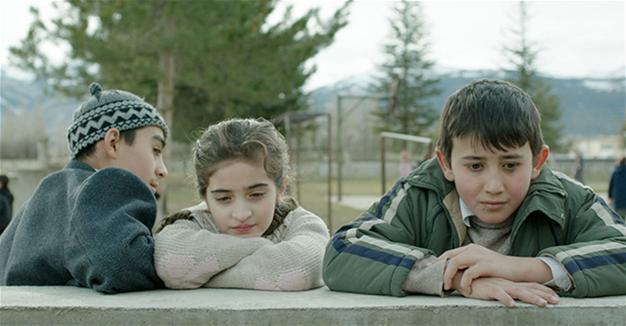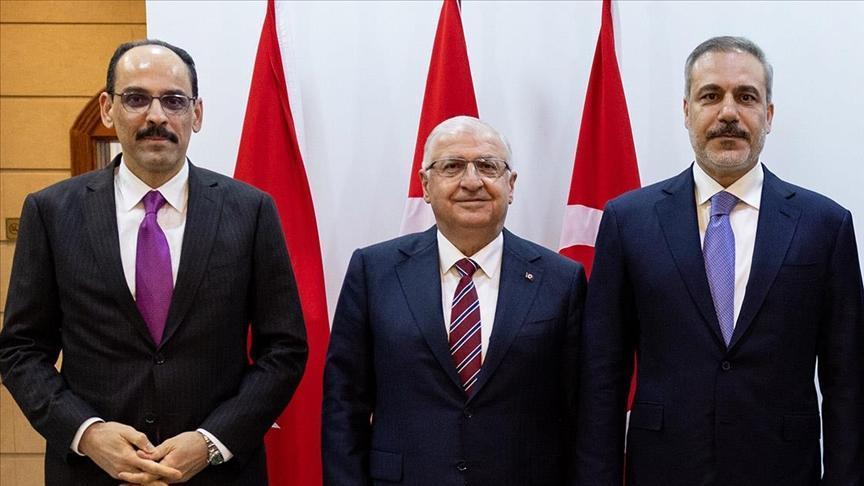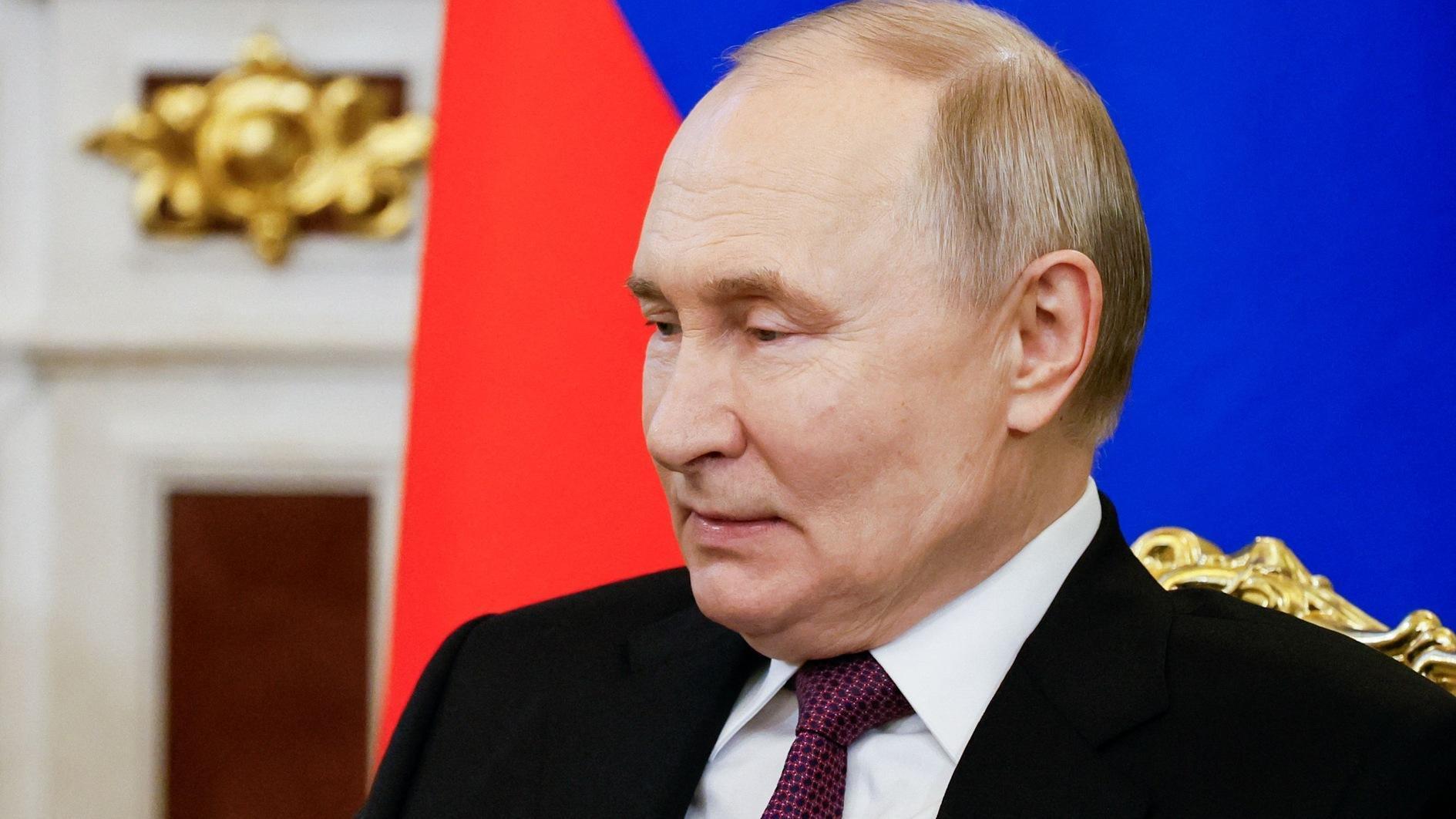Boys come of age in and find solidarity in ‘Blue Bicycle’
Emrah Güler
 Children have been peering through the screen for the last couple of years in some of the finer examples of Turkish cinema. They are trying to make sense of the adult world, most often appropriating the problems of the adult world to the miniature worlds of their own. The latest example is “Mavi Bisiklet” (Blue Bicycle), the award-winning debut feature of Ümit Köreken that was co-written with Nursen Çetin Köreken.
Children have been peering through the screen for the last couple of years in some of the finer examples of Turkish cinema. They are trying to make sense of the adult world, most often appropriating the problems of the adult world to the miniature worlds of their own. The latest example is “Mavi Bisiklet” (Blue Bicycle), the award-winning debut feature of Ümit Köreken that was co-written with Nursen Çetin Köreken.Living in a small town in Central Anatolia, 13-year-old Ali (Selim Kaya) has already been experiencing the burdens of adulthood, becoming the partial breadwinner for the house after his father’s untimely death. He goes to the local garage, working as an auto mechanic to contribute to the household in which his mother is trying hard to make ends meet for him and his sister.
Ali has two things on his mind, as many young boys of his age do. One of them is Elif (Bahriye Arın), the belle of the school, and the other one is the titular blue bicycle he sees on his way to the garage. He saves up the little money that is left after giving his hard-earned income to his mother in the hopes of buying the bicycle one day.
Life might not be easy for Ali, but it is full of prospects and hope. That is, until both prospects come to a halt with the new student at school, Hasan (Burak Vurdumduymaz). Elif’s position as the head prefect is abruptly snatched from her when the school principal gives the title to the new boy whose father is able to pull strings beyond the comprehension of the children.
With a sense of justice that is strong and rooted way beyond his years, Ali is adamant that the decision is unjust. He enlists his cousin and best friend, Yusuf (Eray Kılıçarslan), to fight against the injustice, kick-starting an underground campaign to make the principal reinstate Elif as the head prefect. The campaign dough is the money he has been saving for the blue bicycle. The risk of expulsion is worth it for realizing justice and for the damsel in distress.
Turkish boys of Berlinale Generation Kplus
The amateur child actors perfecting their roles mostly make up for the plot holes and the uneven pace of “Mavi Bisiklet.” The film blatantly presents parallels to the corruption, cronyism and oppression that have been on the agenda of Turkey’s politics for some time now. While some might find it entertaining and a light-hearted route to criticism, others will find the weight of bringing justice too much for the little shoulders.
“Mavi Bisiklet” stands next to some of the recent favorites of critics and the festival circuit that have taken children as protagonists in otherwise heavy subjects. Faruk Hacıhafızoğlu’s multiple award-winner “Kar Korsanları” (Snow Pirates) of 2015 similarly looks at young boys showing a heartfelt solidarity that is lacking in the world of adults.
The film follows three young boys in the eastern province of Kars in the aftermath of the 1980 coup as they come of age on their sleds in the search for hard-found coal in the cold climate. The directors of both “Kar Korsanları” and “Mavi Bisiklet” were nominated for the Crystal Bear in Generation Kplus – Best Film in the Berlin International Film Festival, one year apart.
Another coming-of-age film from Turkey won the Generation Kplus International Jury’s Special Mention Award at this year’s Berlin International Film Festival. Having competed in various other film festivals this year, Mete Gümürhan’s docu-drama “Genç Pehlivanlar” (Young Wrestlers) looks at young boys as they compete and bond in the hopes of winning Olympic gold.
The film follows 26 adolescent boys at a wrestling academy in the northern city of Amasya, all of them coming from neighboring villages. The boys take on one another as they go through a grueling routine day in and day out. They learn about discipline, endurance and friendship in this award winner. In these three films that have all competed at the Berlinale, boys will always be boys whether they are in love, in solidarity or fighting with one another.
















